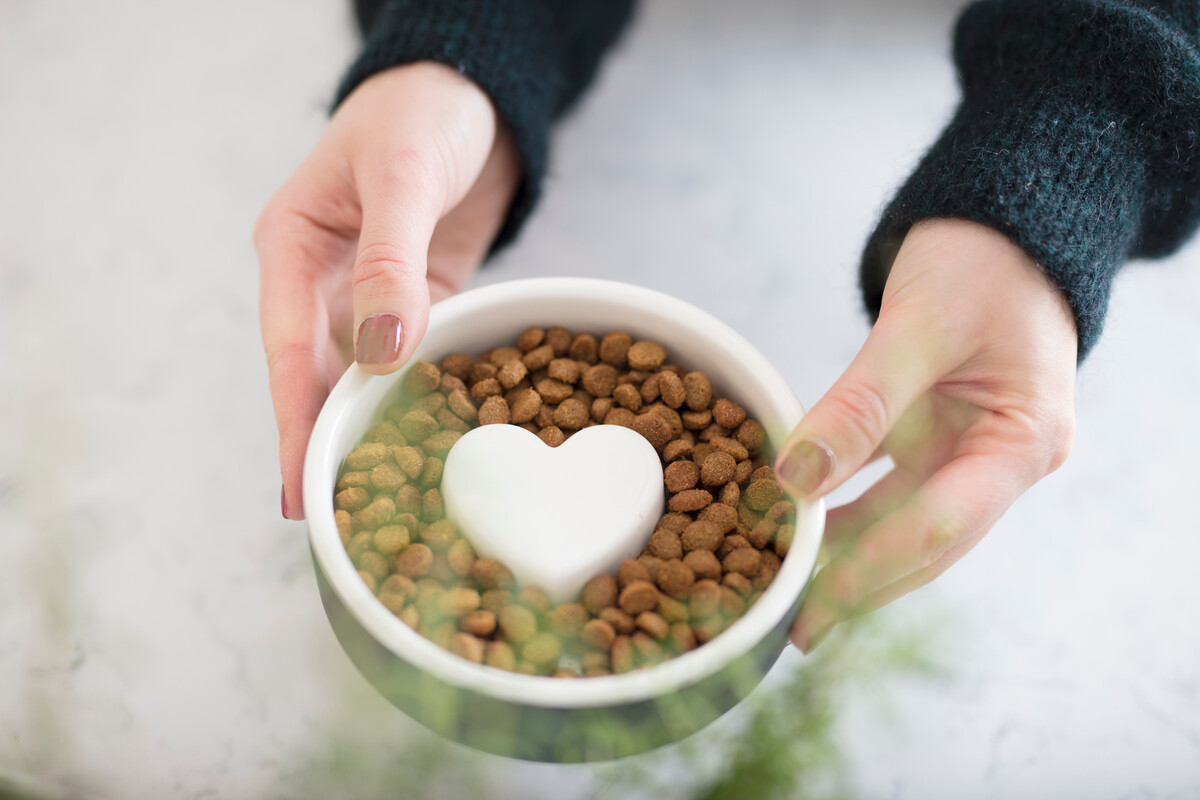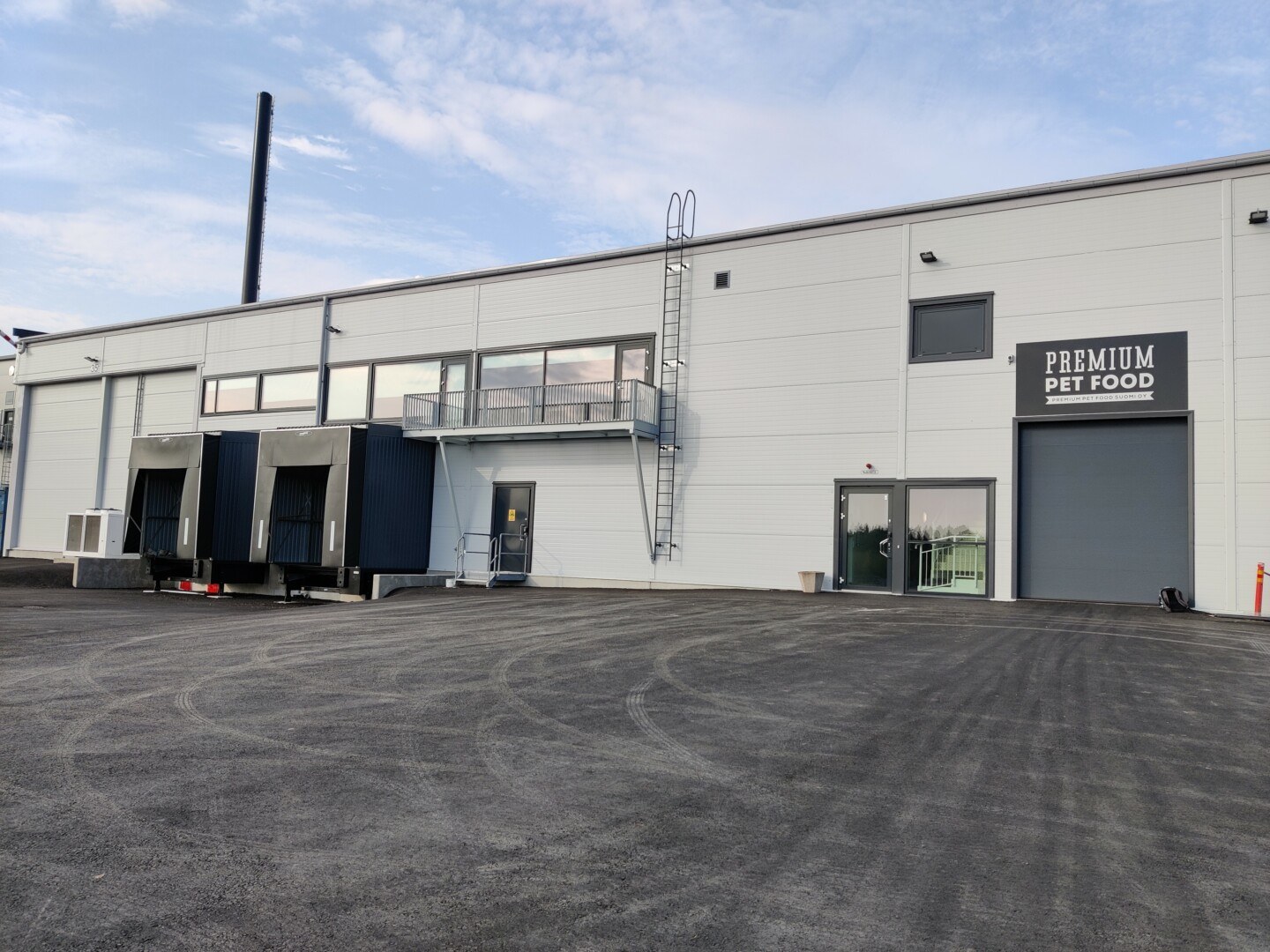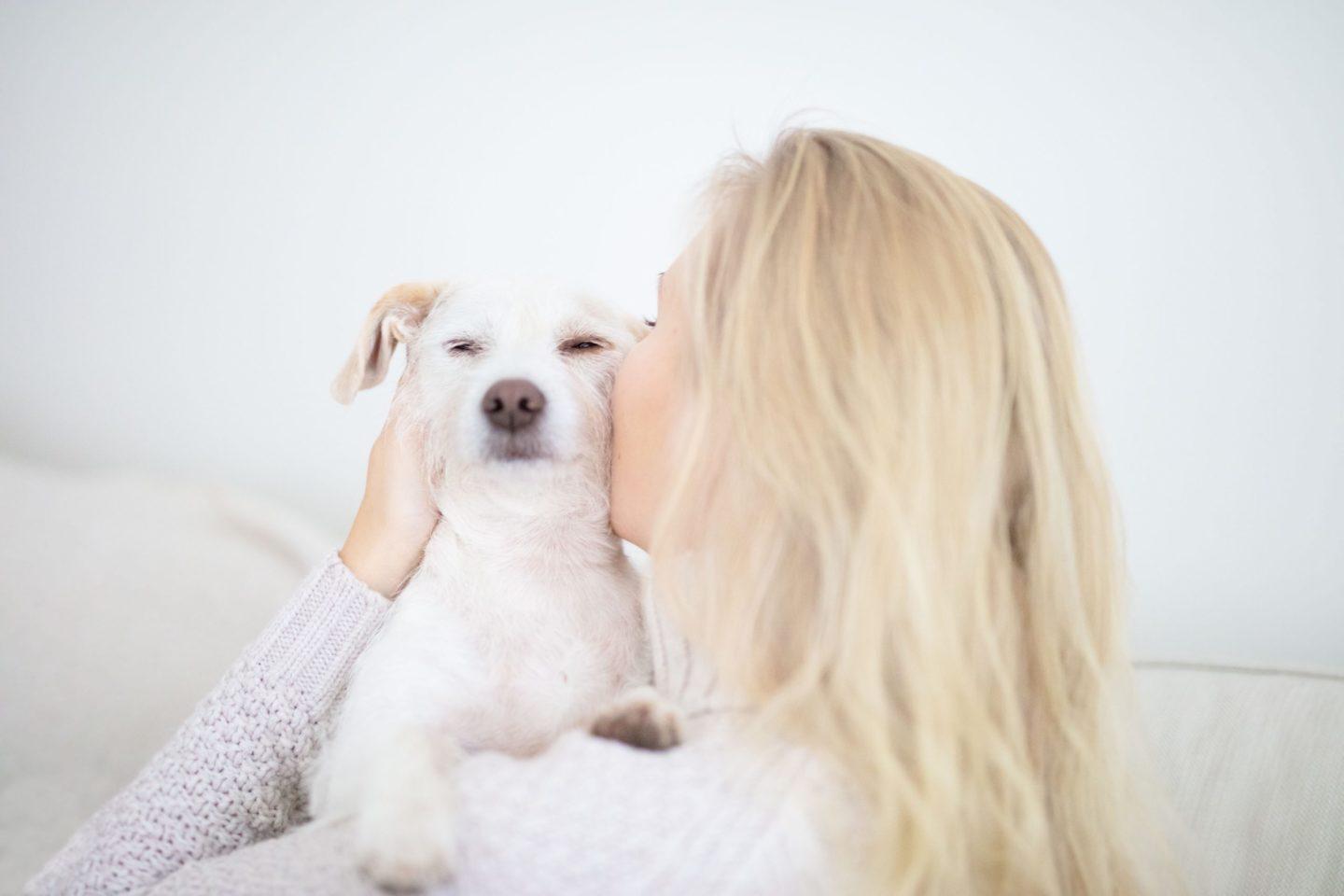
Premium Pet Food factory brings a new level to sustainable pet food production
Reducing environmental impacts is at the core of Musti’s sustainability approach. Locally and sustainably produced pet food is important for many pet parents, and Musti has been happy to respond to the demand. In April 2023, Musti acquired full ownership of the petfood factory Premium Pet Food Suomi Oy in Lieto, Finland. The three-year-old factory has produced pet foods sustainably from the beginning.
The factory was granted FSSC 22000 (Food Safety System Certificate) and ISO 14001 (environmental management system) certifications in May 2023. Premium Pet Food Factory’s Factory Director Mikko Isomäki says that this is significant step towards even safer and more sustainable pet food production.
“The whole factory was designed with sustainability in mind. Our starting point has been great, and our target is to develop our processes further and do even better,” Isomäki says.
Sustainably local pet foods
At Premium Pet Food, the quality of the ingredients and products always comes first. Localness is one of the key elements in Premium Pet Food’s approach to sustainable pet food production. Most of the ingredients come from nearby farms, and the salmon and lamb are Nordic. The pet food production process makes use of the nutritious parts of production animals that humans do not eat. This helps to reduce waste.
“The pet foods produced in the factory are consumed by Nordic pets. We produce in the factory for example SMAAK and Purenatural pet foods. This is real local food for Nordic pets. The impact on the environment is also smaller because the ingredients and the final products are not transported around the world,” Isomäki points out.
Energy-savvy pet food production
At the factory, pet foods are produced in an energy-efficient manner. The factory produces both dry foods and frozen foods. The heat generated by the production machinery can be collected and used elsewhere in the factory.
“The salvaged heat is used to heat up the washing water used in the frozen raw food production line. If there is any leftover heat, it can be used to warm up the yard of the factory in winter. That helps the truck drivers to park their vehicles and eases the loading of the products. It also increases safety at work when slipping and falling on the icy ground can be avoided”, Isomäki says.
Recycling biowaste also creates energy. Producing dry pet foods requires peeled oats. The oat husks and other biowaste from the factory are sent to energy plants that turn them into biogas.
“We have made the factory as energy efficient as possible. We have invested in solar energy and currently we get approximately 20 percent of the electricity we consume from the factory’s solar panels. The rest of the electricity is also fully renewable,” Isomäki says.
More collaboration, less waste
The continuous development of sustainability also requires close collaboration with suppliers and regular reviews of the development measures.
“For example, together with our suppliers we have managed to reduce the use of packaging materials for the ingredients and the final products. We continue our collaboration to make pet food production even more sustainable,” Isomäki says.

